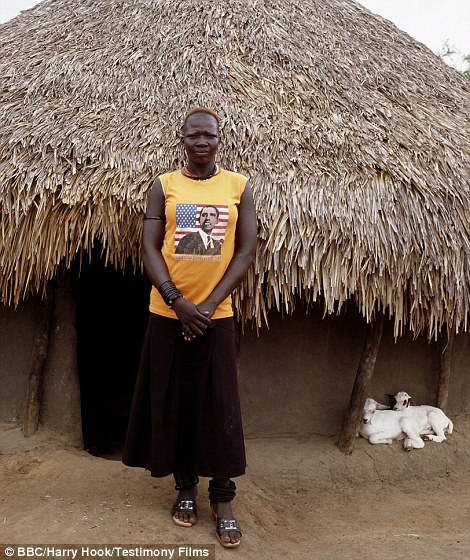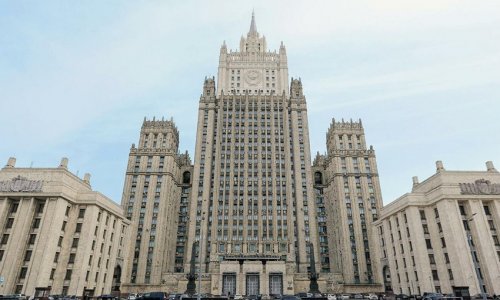After almost 40 years of photographing Africa, Hook is explaining why the dark continent continues to fascinate. Born and raised in Kenya, he's spent decades charting the changing circumstances of Africa's people, whether Samburu pastoralists or Tanzania's Hadza hunter-gatherers.Just how rapidly life is changing for Africa's traditional peoples is made clear in a new BBC4 documentary which follows Hook as he searches for five Samburu women he first photographed 30 years ago in northern Kenya.Once a nomadic people, the women he rediscovers have become sedentary, with one, Ndito Lekisoli, found living just two miles from where she was first photographed and claiming to have travelled no more than 12 miles in her entire life. 'Life for them has changed a lot,' explains Hook. 'A lot of Samburu have become sedentary, which does mean good things such as being able to send their kids to school, having access to healthcare, water and things like that. 'It's not my role to bemoan the passing of an era but I do think tradition is very important in people's lives.'During his journey through Samburu tribal land, a vast region that covers 8,000 square miles and includes the Samburu National Park, it becomes clear that many of the traditional ways do remain, even among Samburu who have left the tribal homeland to pursue careers in Nairobi and other large cities.'They are incredibly resilient and proud people who have held out [against modernisation],' adds Hook. 'The [neighbouring] Masai have moved much closer to everyone else but because the Samburu are further away from the big cities, they've retained their customs a little bit longer. They are extraordinary people.'But while the Samburu form the backbone of Hook's latest African venture, they're by no means the only people he meets during a journey that takes him into one of the continent's newest - and least stable - nations, South Sudan.Here, he photographs the Mundari people, a tribe of spear-wielding nomadic pastorialists whose life, unlike the Samburu, has changed little over the centuries. For them, the main threat to their way of life comes not from encroaching technology but from war.'It was very lucky - we just got in and out in the nick of time,' explains Hook of his trip to South Sudan, a country currently convulsed by a vicious civil war that began last December. 'Based on intelligence on the ground, we knew we only had a blip of peace before the whole thing unravelled again.'And it's not the first time he's faced conflict while in pursuit of the perfect picture, although he says it's a risk that can be minimised by keeping a weather eye on the situation on the ground.'The main risks, on the whole, are that you can be targeted for some money or caught in the crossfire,' he explains. 'I was apprehensive [about going into South Sudan] but literally you go along and if all's clear you carry on, while keeping an eye on the information that comes to you on the ground.'On the whole, people are immensely hospitable,' he adds. 'But I have had situations in past where I've been arrested or passport taken away by suspicious officials. I shoot on film so sometimes, people think you're a spy when they can't see the pictures!'Despite the dangers, Hook says his African journey will continue for as long as there are still people to photograph and new places to explore. 'It's the people you meet,' he says of the pleasures of African travel.'It's the hospitality and spending time with people who have very little and are living in the moment and are grateful just to spend time with you - just sharing a laugh with people.'That side of the adventure becomes clear during an encounter with the Hadza hunter-gathers, whom Hook joins for a successful baboon hunt. Asked by Hook whether he would ever live in a town, Obabu, a tribal elder, replies: 'No, it's too dangerous! Next they'll make us pay taxes! Bad!' Sentiments with which many of us would no doubt agree.Hook, meanwhile, plans to continue 'There are 48 countries in Africa and I've only been to 25. In a way, that's the danger of calling [the documentary] Photographing Africa. It's an ongoing process and there's still much more to do.'(dailymail.co.uk)ANN.Az
Inside the lives of the nomad tribes of Africa - PHOTO
World
20:00 | 12.03.2014

Inside the lives of the nomad tribes of Africa - PHOTO
'It's changing all the time,' says photographer Harry Hook. 'I tell myself not to be nostalgic because I have to record Africa's state of flux and because yesterday is kind of irrelevant.'
Follow us !










